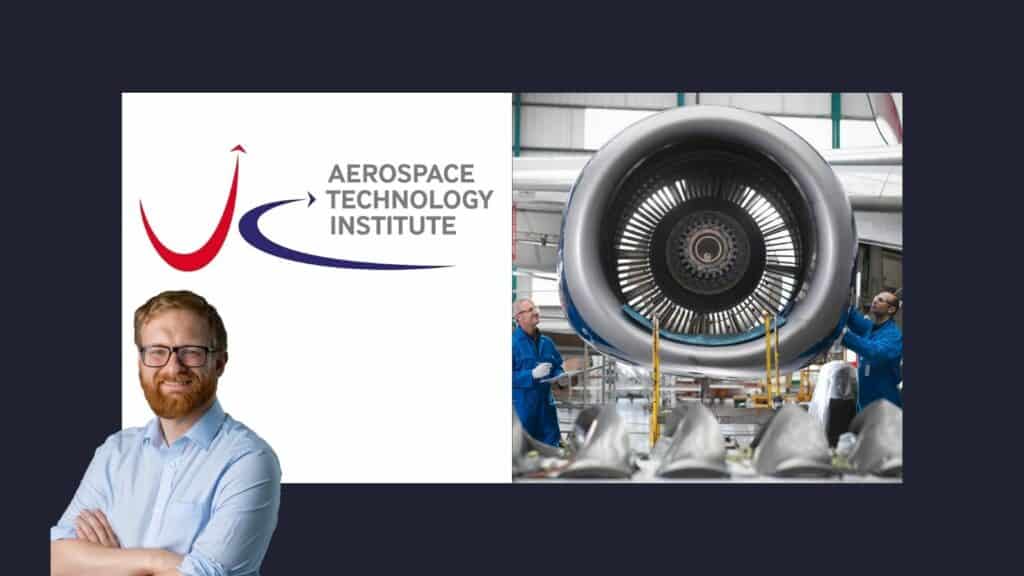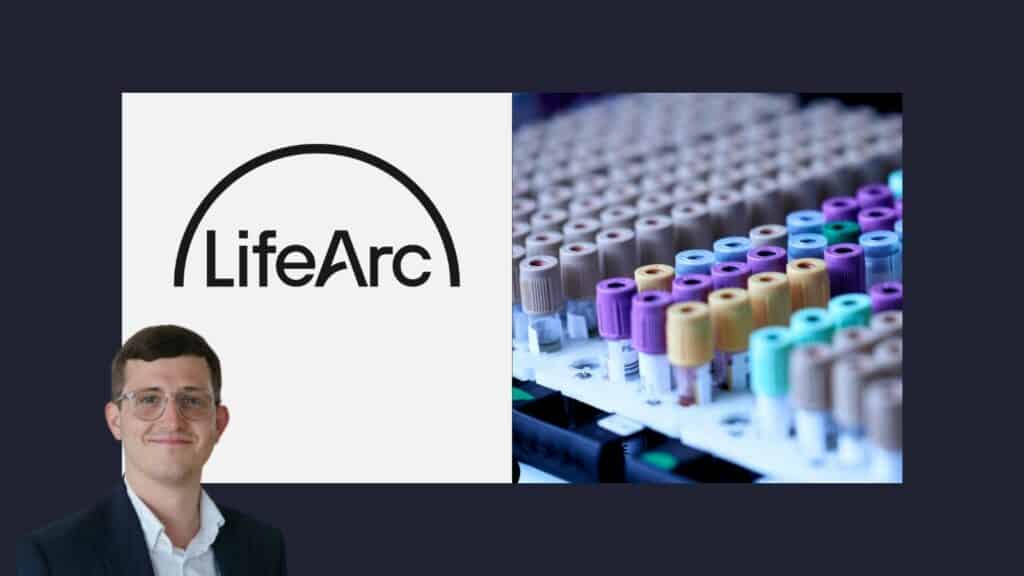Katy Henderson, Council and Research Officer at the London Mathematical Society, gives an overview of why we all need Mathematics.
Everybody needs Mathematics
15 Dec 2017
Mathematics is key for our future economy
If there is one basic principle that underlies all of the London Mathematical Society’s advocacy work it is this: everybody needs mathematics.
The Mathematical Sciences underpin and inform all of the other science disciplines, they are essential for social science, industry, commerce and education and are having an increasingly significant impact on a wide range of ‘growth sectors’ such as the low carbon economy, the data revolution and advanced manufacturing. It has been identified that for 42% of the UK workforce, having a Mathematical Sciences qualification is either essential, useful or desirable. But this is not by any means the whole picture – anyone who ever has to make any calculation or measurement is using mathematics to do it. Those people not requiring a mathematical qualification for their job might be surprised at how numerate they are and need to be. In 2010 2.8 million people were in direct employment due to Mathematical Sciences research in the UK, but 6.9 million people were also in employment due to the wider ripple effects of such research. These sectors have been growing rapidly since then, and continue to do so.
Mathematics skills are citizenship skills
The case for widespread mathematical understanding has most recently been made in Professor Sir Adrian Smith’s independent review of post-16 mathematics, which also makes a number of recommendations for improving educational provision from ages 16-18, both in schools and in further education colleges. Professor Smith argues that mathematical skills are not only fundamental for a wide range of jobs at all levels, but are necessary elements of basic citizenship – supporting understanding of public policy debates and data for example.
Support for early career researchers is key to our ‘people pipeline’
Ensuring that this need for mathematical understanding is addressed, and that the workforce is adequately supplied with appropriately qualified people across education, the public sector, industry and academia, is key to the LMS’ work. The LMS is acutely aware of the need to support the Mathematical Sciences ‘people pipeline’, particularly at its crucial transitional stages. The LMS has made early career research (the career stage that spans from undergraduate through to postdoctoral) a key strategic priority, and it now has a specific committee dedicated to overseeing the activities it funds in this area. This includes undergraduate research bursaries and summer schools, graduate level research schools, lectures and meetings, travel and conference grants.
Alongside this practical support, the LMS is working to gather data on various aspects of the UK Mathematical Sciences people pipeline to reinforce its case and help ensure that the Mathematical Sciences gets the recognition, funding and support it needs.
Mathematics skills can support an uncertain UK future
We know that Mathematical Sciences research directly contributes £208bn GVA to the UK economy. On an individual level improved mathematical knowledge also adds considerably to personal income and lifetime productivity gain – scoring highly on mathematics tests at age 10 has been correlated to significant earning premiums in later life. With the current political and economic uncertainty surrounding Brexit, it has never been more important for the UK to invest in its Mathematical Sciences education and academia at all levels. The LMS intends to continue working in collaboration across the Mathematical Sciences and STEM community to ensure that this happens.
Related articles

Dr Christoph Hartmann is Medical Director, MSD in the UK, a CaSE member. In this piece he sets out he would like to see form the new government to support UK life sciences and innovation.

Will Lord is Head of Government Relations at the Aerospace Technology Institute (ATI). In this piece, he sets out the strengths and successes of the UK aerospace sector, as well as the advantages of business-government collaboration.

Joseph Ewing is Head of Policy and Public Affairs at LifeArc, the sponsors of CaSE’s work looking at the needs of business R&D in the UK. In this piece he sets out why the project is needed, and why we should all care about business investment in R&D.

Tamsin Mann, Director of Policy & Communications at PraxisAuril, on the importance of understanding and unlocking the full potential of knowledge exchange.